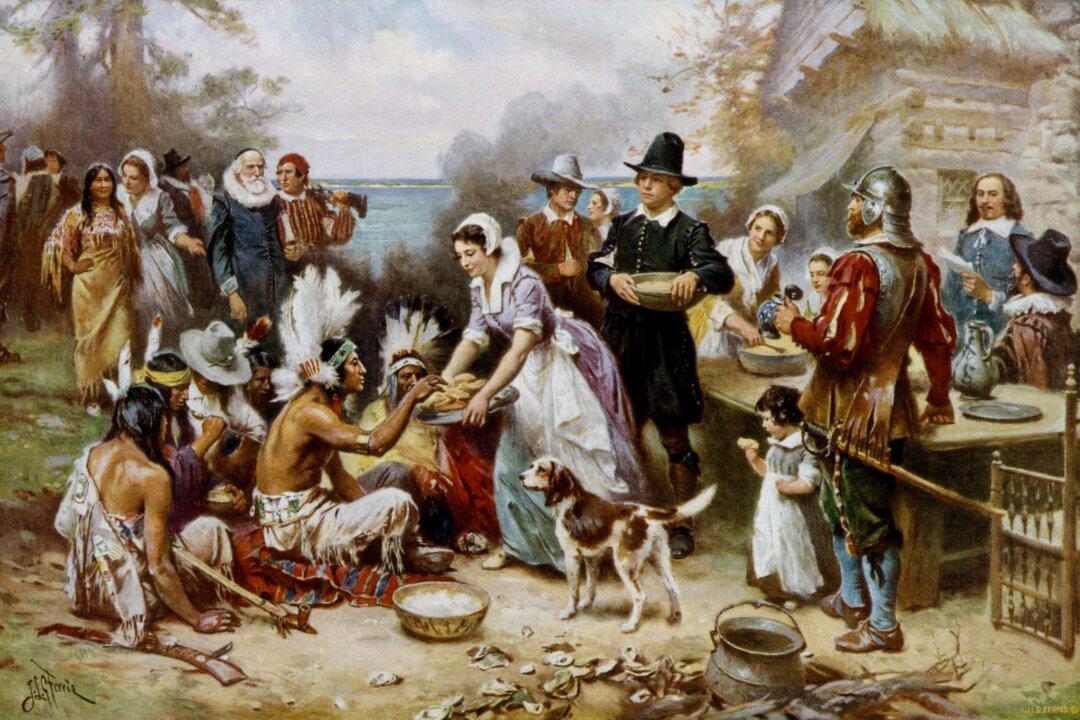Charles Dickens’s “A Christmas Carol,” O. Henry’s “The Gift of the Magi,” Robert May’s “Rudolph the Red-Nosed Reindeer,” which later became a song most of us recognize, and “How the Grinch Stole Christmas” by Dr. Seuss—these and other stories are now classics of the Christmas season.
As for Thanksgiving, well, that beloved holiday definitely plays literary second-string to the Yuletide season. Most likely, if someone asked us to name any novel or short story written about that fourth Thursday in November, we’d furrow our brow, shrug, and say “I don’t know.” Even the Thanksgiving poem, later made into a song, “Over the River and Through the Wood,” is often mistaken for a piece about Christmas, probably because it mentions a sleigh and snow.






